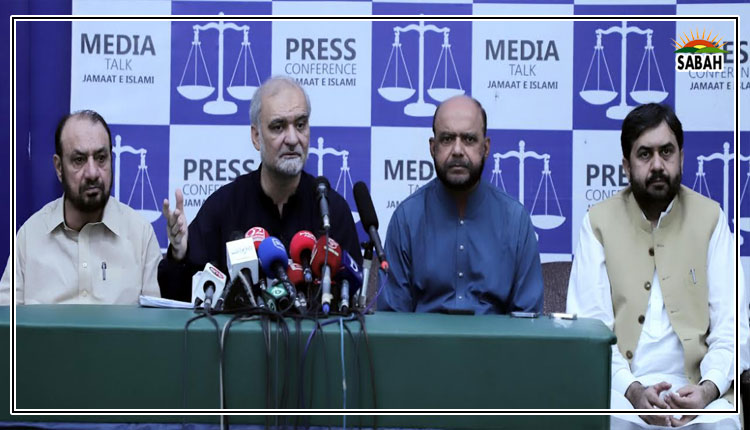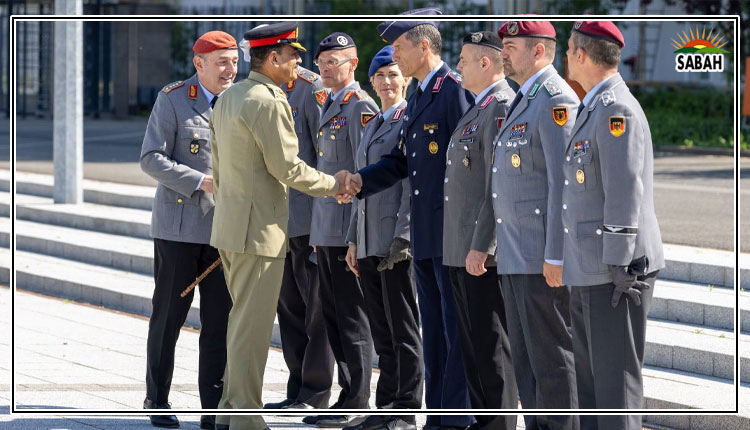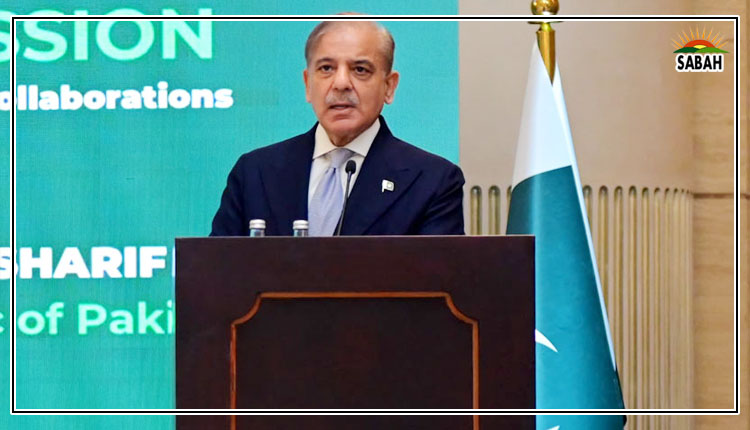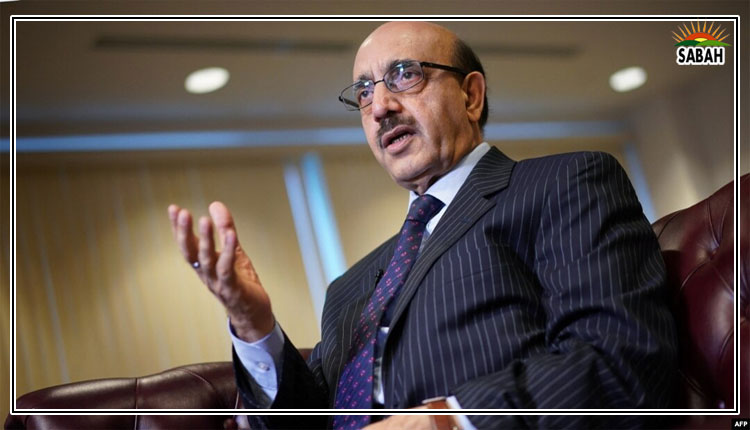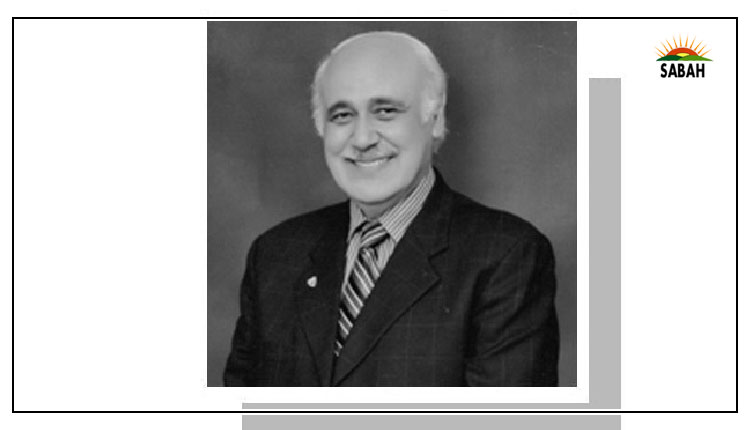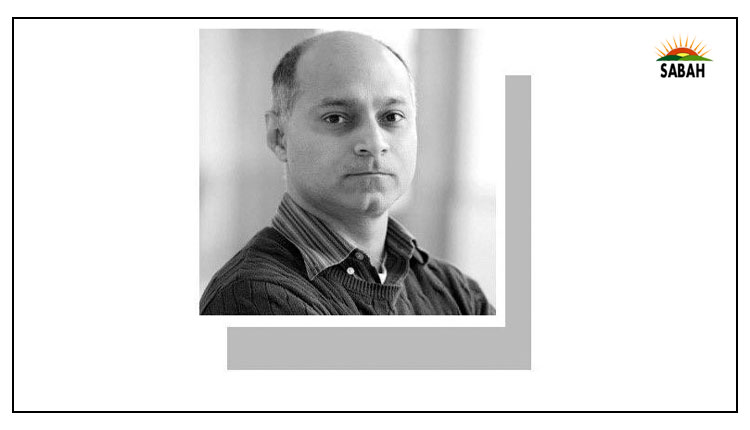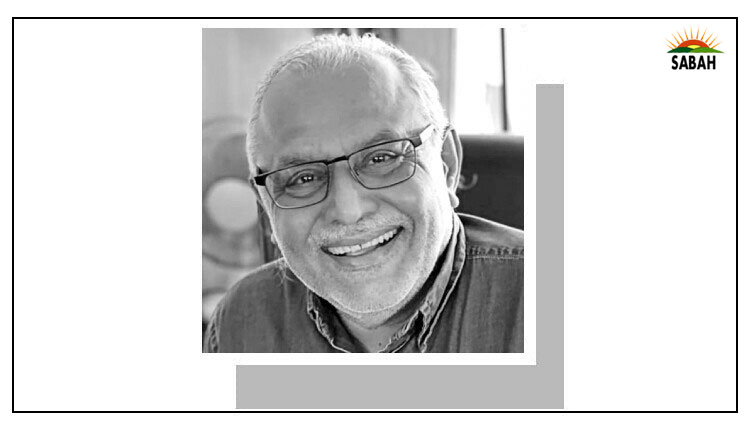Who can rock the hybrid boat?…Abbas Nasir
A NUMBER of developments over the past week suggest that the establishment is keen to enforce/ maintain the status quo and the only impediment in its path may be an assertive superior judiciary that has been increasingly finding its feet in recent weeks.
If jailed PTI leader and former prime minister Imran Khans article in UKs conservative right-wing Telegraph newspaper blaming the military leadership directly for all his woes the week before was not hint enough of the state of play, two public statements by the latter clarified issues rather unambiguously.
The first came in the DG ISPRs press briefing, which was ostensibly called to discuss Afghanistan-based terrorist groups involvement in attacks on Chinese nationals working on development projects in the country. But in response to a couple of questions about the PTI and Imran Khan related to the events of May 9 last year, the DG ISPR stated unequivocally that the only path to rehabilitation for the political party and its leaders was to seek forgiveness for attacking your own forces.
Then, perhaps, talks could happen and that too with political parties (ie, the government), as the military had nothing to do with politics. Imran Khan has been consistent in saying he wouldnt talk to the powerless political parties and that a meaningful dialogue is possible only with the military.
The DG ISPR also lamented the delay in the prosecution and sentencing of all those responsible for the May mayhem including the leaders and mastermind against whom irrefutable evidence has been gathered and submitted and, in doing so, appeared to hint at the establishments frustrations with what it perceives as roadblocks being erected by the judiciary.
The content of the live presser evoked an equally adamant response from the PTI, which went on the offensive, reiterating its stance that May 9 was a false flag operation, accusing the militarys spokesman of being economical with the truth, and saying it would be happy to live with the findings of an impartial judicial commission into the May 9 events and would even apologise if found to be at fault.
If the chief was able to weather that storm then, he appears far more secure now.
The military spokesman had pre-empted this demand in his briefing earlier by saying if a probe were to happen, as was being demanded, it ought to start with 2014, and not nine years later. The 2014 PTI sit-in in the federal capital was said to have been instigated and backed by the then ISI chief.
This was the first indication that the military was prepared to hold its own accountable for past follies, if it paved the way for the trials and sentencing of PTI leaders it says were responsible for the attacks on defence installations in a number of cities in Punjab and KP.
While the spokesman left nothing to the imagination, on the first anniversary of May 9, the army chief added his voice to his chief spokesmans in terms of stressing the need for punishing the perpetrators of the violence a year earlier, also lashing out against what he called digital terrorism.
This indicates that harsher curbs on social media are planned. So far, the PTI has had overwhelming social media dominance and had been able to keep a step ahead of its adversaries, but we will find out soon whether it has what it takes to bypass software the Chinese have developed over the years (and Pakistan has reportedly acquired) and successfully used to block dissident content.
With this ever-widening gulf between the establishment and the party it once saw as a panacea for all that ails Pakistan, the one thing that many felt could force a rethink in the establishment would have been a public manifestation of the immense support enjoyed by the PTI, as evidenced in last Februarys elections.
Many Pakistan watchers keenly waited all day for multitudes of PTI supporters to spill out onto the roads and streets of major urban conurbations on the party leaders call to break the shackles and protest on May 9. But the brutal crackdown of the past one year seems to have knocked the wind out of the partys sails and worn down the workers will.
People may turn out to vote for it in droves, but did not appear prepared to risk life, limb and liberty in coming out for mass protests. Some small localised protests did happen, but had zero impact in the sense of influencing decision-making in the corridors of power. Going forward, a couple of factors will play a role in steering developments.
The first and foremost will be the confidence the army chief has in his control over his institution. His predecessor appointed a dozen major generals to three stars in his final six weeks in office and left the incumbent little room in terms of forming his own team.
Natural attrition and the more dramatic exit of a couple of three stars on disciplinary grounds recently has, 18 months down the line, given the chief an opportunity to place senior officers of his own choosing in key roles which will give him greater freedom of action both inside and outside the institution. The promotion of three officers this week, including the DG ISPR, to three stars was another step in that direction.
The military saw May 9 as a coup against the chief, a failed attempt to dislodge him from office. If the chief was able to weather that storm then, he appears far more secure now. With the PTI protests failing to gather momentum, the only impediment in his path seems to be an increasingly assertive superior judiciary.
It can and will, in all likelihood, challenge the establishments pre-eminence in decision-making. It isnt clear how the latter plans to deal with that, especially because it believes that a direly needed economic revival is only possible under the umbrella of a hybrid set-up and in a relatively calm political environment. Only the judiciary can rock its boat now.
Courtesy Dawn


